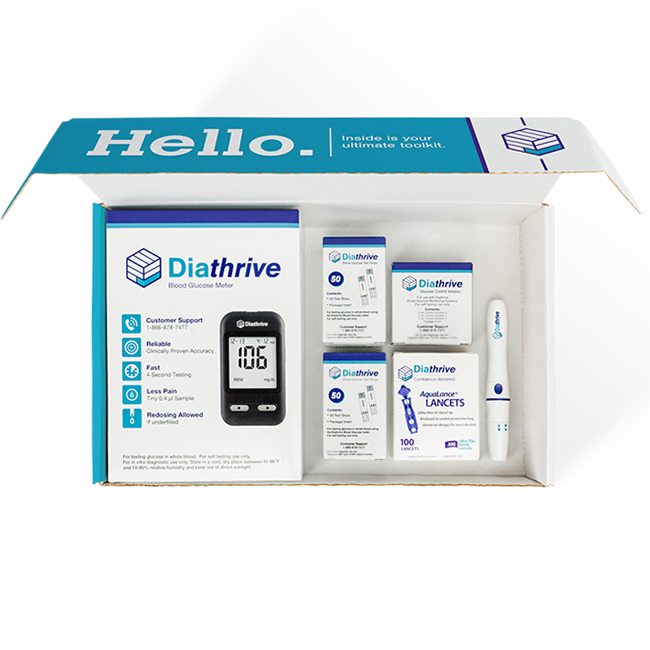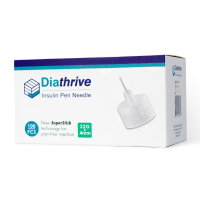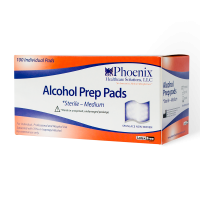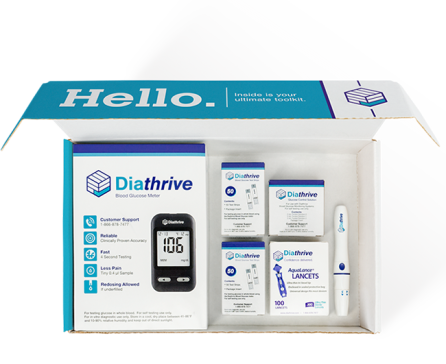
After nearly 15 years of helping people improve their health as a personal trainer and health coach, there are several very distinct differences between those who succeed in losing weight or maintain a healthy weight versus those who struggle to lose or watch their weight yo-yo up and down.
The biggest differences come down to habits -- habits around food, exercise, and how you think about food, exercise, and weight.
I’ve heard it all! And to be honest, the stories are mostly the same thing over and over. And the best thing about these stories is that they are simply habits. While it’s hard to break old habits, it can be done -- especially if you start creating new habits to replace them.
Here are 8 very common habits of people who struggle to lose weight.
Avoiding facing the biggest issues in your current relationship with food.
How many times have you lost and regained that same 30 pounds? How many times have you signed up for an extremely strict diet with the hopes of fast weight-loss only to binge-eat all of the things the diet said you couldn’t eat after a week or two? What time of day are you most likely to mindlessly eat when you aren’t even hungry? How many times a week do you binge-eat to cope with feelings of anxiety, stress, or depression? Do you ever feel better after the binge? These are just a few of the bigger obstacles that can exist in a person’s relationship with food -- and if you don’t address them head-on, they will continue to sabotage your weight-loss goals.
Own your story. Write it down. Tell the truth to yourself about your binge-eating habits or whatever you’re using that extra weight or extra food to hide from or avoid. Face the bigger issue once and for all.
Not connecting what you eat with how you feel.
How do you feel after that Starbucks drink or that bag of chips? Personally, I don’t eat oatmeal because no matter how healthy it may be, it makes me feel like I want to curl up and sleep for the rest of the day. Same goes for more rare treats like pancakes and Cheetos, or anything beyond 1 cup of coffee. By connecting how I feel directly with what I eat, I create easy-to-follow personal reasons to rarely eat them. I would love to have more than 1 cup of coffee but wow do I feel absolutely awful the rest of the day when I’m plugged full of caffeine! I know I also don’t feel good if I eat my daily chocolate treat early in the day. I know I feel best when I save dessert for the end of my day. Are there days when I start craving chocolate immediately after lunch? You bet, but I resist because I know that my energy dips dramatically if I eat that daily treat before dinner. So I just don’t. How does what you’re eating make you feel in the hours that follow? Take ownership of the fact that these food choices do affect your mood, your energy, and your weight.
Believing that feeling tired means you shouldn’t exercise.
Sitting at your desk all day at work doesn’t mean your body is tired. It means your body is desperate for some exercise! Learning to connect tiredness with a need to exercise is critical. Learning how to talk yourself through those feelings of wanting to veg-out on the couch instead of exercising comes from learning how good you feel when you get up and exercise anyways. When you’re feeling sluggish and “blah” at the end of your work-day, remind yourself that the very next thing your body needs is not coffee or two hours of TV on the couch. It needs exercise and that will give you more energy, clear your head, settle some of your stress, and light up your relationship with your muscles and your bones.
Trying (over and over) to follow a diet you can’t sustain long-term.
There’s no way around it: eating a diet that leads to weight-loss for 4 or even 12 weeks is pointless if you immediately go back to a diet high in processed garbage products instead of eating real food. Instead of looking for a funky fad diet, take a look at how much of your diet consists of whole food. Leave excuses about not having “time to cook” behind and start learning how to cook real food. You don’t need a diet. You need more real food and fewer processed products. You need to aim for 80 or 90 percent “whole foods” with room for 1 snack or meal that is more indulgent to prevent feeling deprived. This is a long-term game! The change doesn’t have to happen overnight -- it can be months or years of constantly exploring and expanding your appreciation for real food. Learning to love the taste of real food.
Telling yourself you don’t “have time” to cook or exercise.
Everybody is busy. Either you’re making time for healthy food and regular exercise or you’re making time for something else -- but you do have time. You could make time. If you have time to watch your favorite TV show every night, you have time to exercise. If you have time to stop at Taco Bell and pick-up food for your family, you have time to cook a 20-minute meal of real chicken and real vegetables. Period.
Making excuses or exceptions for eating fast-food on a daily basis.
That Starbucks drink loaded with sugar and calories has you hooked, and it’s a lot of garbage that is constantly sabotaging your weight-loss success. If you tell yourself it’s okay to drink or eat those heavy, carb-laden, overly-processed fast-food items day-in and day-out, then you’ll continue to look and feel like someone who eats heavy, carb-laden, overly-processed fast-food. You don’t need it. If you love your body and you want your body to look and feel good then daily indulgences of crappy fast-food have no place in your regular life. That doesn’t mean your diet has to be 100 percent perfect, but if your core food choices on a daily basis consist of fast-food, you’ll continue to struggle to lose weight.
Expecting weight-loss to happen fast, and give up when it doesn’t.
Forget the scale! Focus on the daily habits and the weight-loss will come! The scale is too confusing. You could lose pounds the first week, gain a pound the second, lose nothing the third week, and then by week have actually lost a total of 5 pounds. But if you gave up after the second or third week because it didn’t seem to be “working,” you’ll never get to see those long-term results. Forget the scale. Use your daily choices as markers of your success. Weigh yourself no more than once a week or less. And no matter what, give your efforts a month minimum to produce some results before you declare it a failure. It doesn’t happen fast, but it will happen if you stick to making those healthy choices long-term.
Assuming that maintaining a healthy weight is easy for people who are currently lean.
It’s easy to look at someone who is lean and assume it’s effortless for them to maintain that weight. It’s easy to assume that they don’t have cravings for junk food or days when they eat indulgent foods. The reality is that many of the “fit” or lean people around you make purposeful choices every single day that helps them maintain that weight. Every single day they manage cravings, adhere to personal food philosophies, make time for exercise no matter how tired or busy their day might be, and balance indulgent treats with healthier choices throughout the rest of their day.
Losing weight is not easy -- for anyone. It truly comes down to the little choices and little decisions we make on a daily basis. Nix these self-sabotaging habits to gain a new perspective and get different results.





